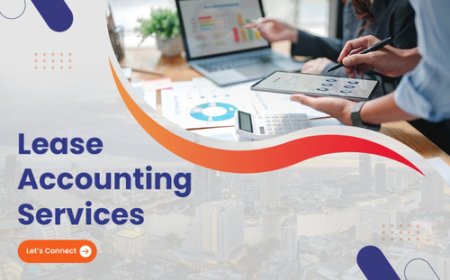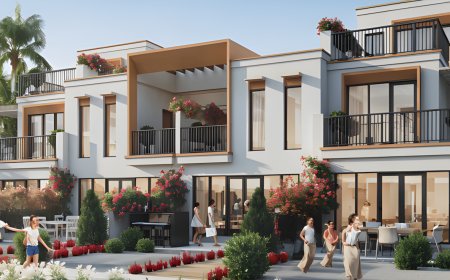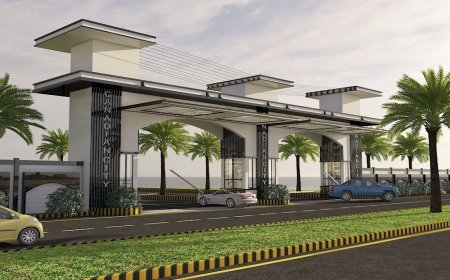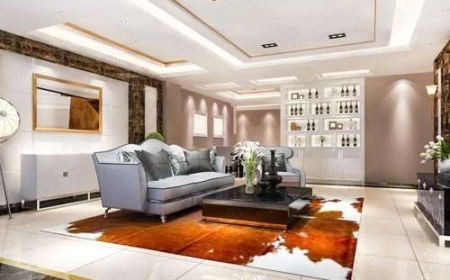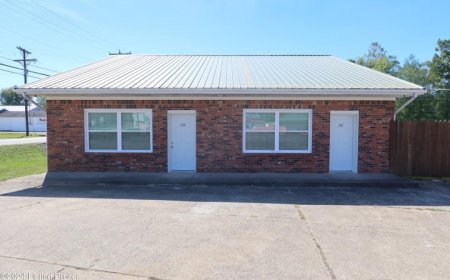What Kind of Home Can You Really Afford on a $5K Monthly Salary?
Unsure what your budget gets you? This article breaks down realistic home options for Singaporeans earning around $5,000/month, including grants and loan considerations.
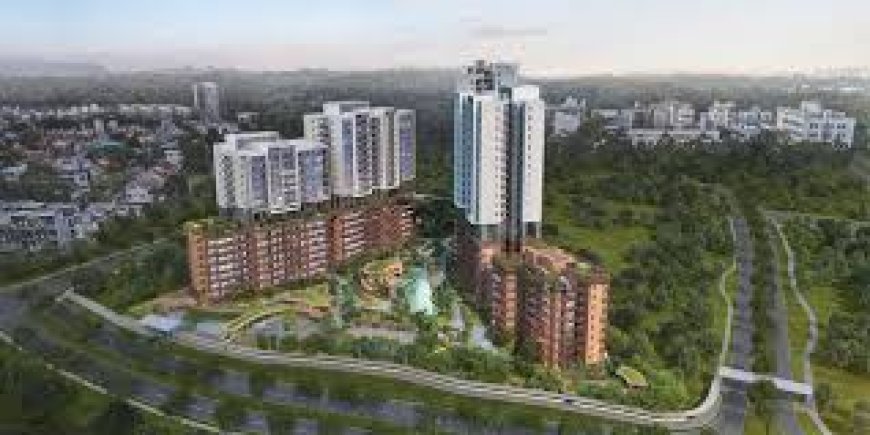
Earning $5,000 a month is a decent income in Singapore, especially for a young professional or dual-income couple. But when it comes to buying a home, how far does that monthly salary really go?
Whether you're planning to buy a Build-To-Order (BTO) flat, resale HDB, or looking at private property, understanding your affordability ceiling is critical. Here's a realistic breakdown of what you can actually afford based on a $5K salary factoring in housing loans, down payments, and monthly commitments.
1. Understand the Loan You Qualify For
Your monthly income directly affects how much you can borrow. In Singapore, two key loan limits apply:
-
Mortgage Servicing Ratio (MSR) Only applies to HDB and Executive Condominium (EC) purchases. Your monthly mortgage repayment cannot exceed 30% of your gross monthly income.
-
Total Debt Servicing Ratio (TDSR) Applies to all property types. Your total debt obligations, including credit cards, student loans, and home loans, must not exceed 55% of your monthly income.
For a $5,000 salary:
-
MSR limit: $1,500/month
-
TDSR limit: $2,750/month (if you have no other debts)
These caps influence the size of the home loan you can take which ultimately determines the type of home you can afford.
2. Estimate Your Maximum Loan Amount
Lets say youre buying your first home and have no existing loans. Based on a $1,500 monthly mortgage repayment and a 25-year loan tenure at 3% interest, you qualify for a loan of approximately $300,000 to $320,000.
Add your down payment (assume 10% to 20%), and your total home budget could be around $350,000 to $400,000.
This means you can realistically afford:
-
BTO 3-room or 4-room flat in non-mature estates
-
2-room Flexi flat in mature areas
-
Resale 3-room flat if you qualify for CPF grants
Private condos or ECs will be out of reach unless you have significant savings or a second income.
3. Consider Your CPF Usage
Many Singaporeans use their CPF Ordinary Account (OA) to pay for housing. If you're contributing 20% of your salary to CPF, youre adding $1,000/month into your OA.
This can be used for:
-
Monthly loan repayments
-
Down payment
-
Stamp duties and legal fees
With this CPF support, your cash outlay may be lower, but remember not to completely drain your CPF OA youll still need it for future mortgage payments and retirement planning.
4. Monthly Costs Beyond the Loan
Aside from your mortgage, homeownership comes with ongoing expenses:
-
HDB conservancy fees: $20$90/month
-
Utilities and internet: ~$150$300/month
-
Home insurance and fire insurance: $100$200/year
-
Renovation loan (if any): Adds $200$500/month depending on amount borrowed
All these need to be factored into your affordability planning, so you dont end up overstretched.
5. Save for Upfront Costs
Even if you qualify for a $300,000 loan, youll need to pay upfront for:
-
Down payment: Minimum 10% (with an HDB loan) or 25% (bank loan)
-
Stamp duty: Around $4,600 for a $400,000 home
-
Legal fees: $2,000$3,000
-
Renovation: $20,000$40,000 depending on flat size and condition
Ideally, you should have $30,000$50,000 in savings to comfortably cover these costs.
6. What If Youre Buying with a Partner?
If you and your partner both earn $5,000/month, your combined income of $10,000 significantly boosts your borrowing power:
-
MSR: $3,000/month
-
Loan eligibility: Up to ~$600,000
-
Affordable property value: ~$700,000$750,000
This puts you in range for:
-
4- or 5-room BTOs in mature towns
-
New Executive Condos (ECs) if eligible
-
Resale flats with good amenities or proximity to MRTs
Final Thoughts
A $5K salary gives you a solid foundation to afford a modest HDB unit, especially if you're prudent with spending and planning. But your true affordability depends not just on income it also hinges on savings, CPF, loan tenure, and lifestyle choices.
Before you commit, ask yourself:
-
Can I manage this mortgage if interest rates rise?
-
Do I still have enough buffer for emergencies?
-
Am I planning to upgrade in 510 years?
Important Links
Real Estate Investing Strategies for Beginners
How to Find Off Market Real Estate Deals Near Me
Lakeside Grand A New Benchmark in Jurong Lakeside Living
Best Places to Buy Rental Property for Cash Flow in 2025
Step-by-Step Guide to Buying a House for the First Time

































